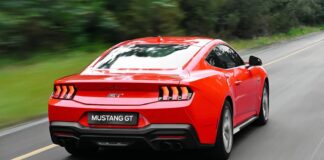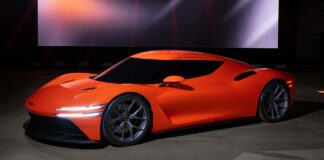For the second time this year, Toyota has delayed plans to build a dedicated electric vehicle (EV) battery factory in Japan’s Fukuoka Prefecture. This decision underscores the automaker’s cautious approach as global demand for EVs fluctuates, even though Toyota remains committed to long-term EV expansion.
Initially slated to begin production in 2028, construction of the plant has been pushed back indefinitely. The company purchased land for the facility earlier this year and agreed to start building within three years, but now cites weakening demand for EVs as the reason for the delay. This shift in timeline comes just weeks after Toyota announced a 10% reduction in its global EV sales projections for fiscal year 2026, dropping from an initial forecast of 277,000 units to 250,000.
A Wait-and-See Strategy
Despite the revised timeline and reduced sales expectations, Toyota insists it will eventually build the Fukuoka factory. The company continues to emphasize its long-term vision for EVs, aiming to sell 1.5 million globally by 2026. However, this target may be revisited as market conditions evolve.
Toyota’s caution isn’t surprising given the recent volatility in the EV market. While sales figures through September 2023 show a 20.6% increase compared to the same period last year (reaching 117,031 units), this still falls short of initial projections. Building large-scale manufacturing facilities before demand justifies their capacity could prove costly and inefficient for the company.
Continuing Investments in EVs
Toyota’s strategy goes beyond simply delaying construction on a single plant. The automaker is actively pursuing other EV initiatives. A new factory dedicated to producing Lexus EVs in Shanghai, China, is expected to open around 2027. This facility will likely handle production of the LF-ZC and LF-ZL concepts introduced a few years ago.
This dual approach – careful planning and continued investment – reflects Toyota’s stance on the electric vehicle revolution: they are not abandoning their commitment but choosing a measured path, adjusting plans based on real-time market data. It remains to be seen whether this cautious strategy will allow them to keep pace with competitors who may prioritize faster growth in the EV sector.





















